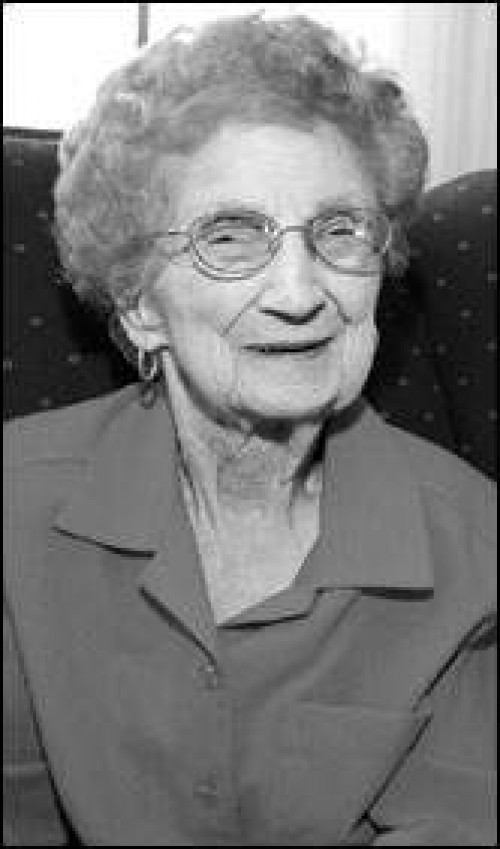
Hazel Abernathy
November 12, 2007Homer Watts, Jr.
November 14, 2007The TV ads will end, the glossy campaign fliers will stop arriving in mailboxes and the campaign signs and bumper stickers will be packed away at week’s end, when voters wrap up their final selections in the statewide runoff election.
But don’t expect campaign season to end just because it’s not omnipresent on the doorstep.
Behind the scenes, jockeying will continue among lawmakers trying to get leadership jobs in the House and Senate, committee chairmanships and favored committee seats – political maneuvering that began well before the fall elections.
An election will be held sometime early next year to fill the congressional seat vacated when Gov.-elect Bobby Jindal takes office. Potential candidates are lining up, sizing up their competition and making initial calls seeking support.
And the behind-the-scenes angling among Republicans hoping to oust Democratic U.S. Sen. Mary Landrieu in 2008 is well under way, a year before that election.
That’s not even counting the Feb. 9 presidential primary election in Louisiana, which has drawn little attention so far.
Saturday’s runoff will wrap up the fall election cycle. Voters will choose a new attorney general, to replace Democrat Charles Foti who didn’t make the runoff. In local races around the state, voters also will cast ballots to choose the final 10 senators and 36 House members and to determine jobs like sheriff, city council and other positions.
The next elections up are in January – though the public doesn’t get a say in these posts: the leaders of the House and Senate. The Senate president and House speaker are elected by lawmakers in each chamber in an organizational session when the new terms begin.
The jobs are critical to lawmaking. The Senate president and House speaker choose legislative committee chairmen and construct the makeup of each committee, giving them significant control over the fate and movement of bills in the Legislature. They control the organization of staff in each chamber, and they have seats on key money panels that estimate the state’s income and that sign off on state borrowing.
Lawmakers have been trying to line up enough votes among their peers – and potential peers – for months. Jindal said he’ll stay out of the maneuvering, unless the House or Senate deadlock on candidates, but governors historically have had a heavy hand in the leadership choices.
The governor-elect’s role is much more defined in the election to determine who will succeed him in his suburban New Orleans 1st District congressional seat.
Jindal must step down from the U.S. House job before a special election can be called. He said he’ll exit the post shortly before his Jan. 14 inauguration. Once he takes office, he can set the special election date for choosing his replacement.
Term-limited lawmakers, parish officials and other former elected officials have been mentioned as possible candidates for the 1st District race, and those considering a bid for the office already are searching for support and gauging fundraising prospects.
All the state’s U.S. House seats will be up for election in fall 2008.
The most heavily anticipated election on Louisiana’s horizon, however, appears to center on Landrieu, a Democrat, who has never won the seat with an easy election.
She is considered one of the country’s most vulnerable Democrats up for election next year for a variety of reasons, including questions about the state’s Democratic voter makeup after Hurricane Katrina and the increasing tendency of Louisiana voters to cast ballots for Republicans in national elections.
Landrieu has amassed a considerable campaign warchest, and Republicans already have begun their attacks via the Internet. Several of Louisiana’s GOP officials are said to be considering a run against the state’s senior senator.
The yard signs, bumper stickers and TV ads of yet another election cycle are on the way.







